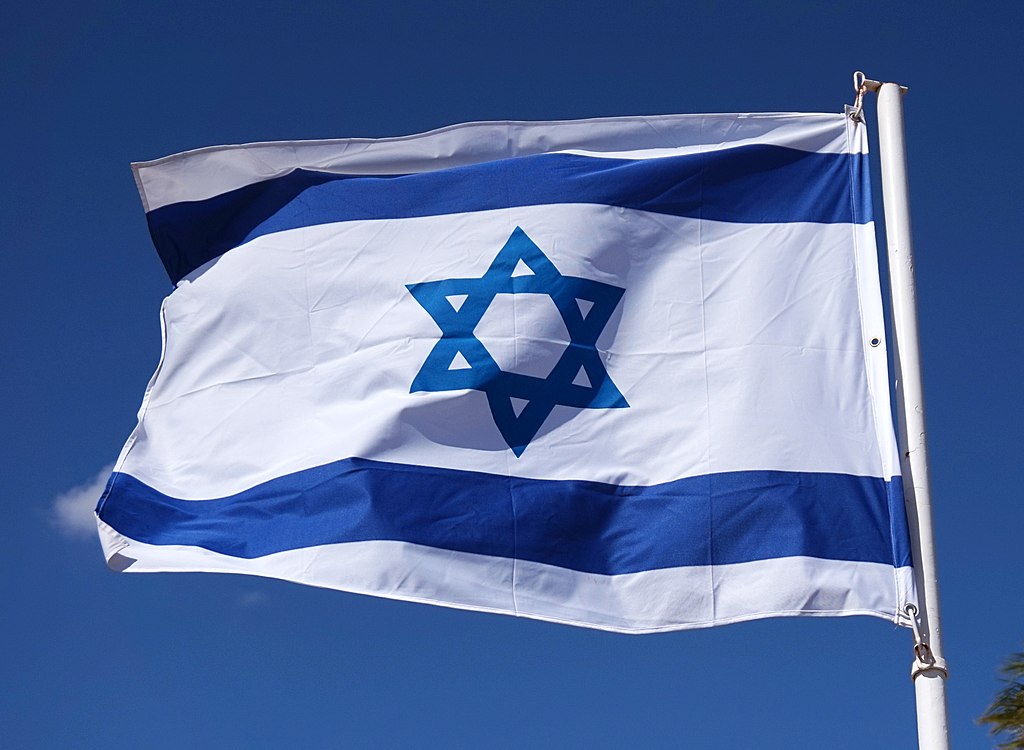
(Cupventi.com) – Syria’s historic moment of celebrating the overthrow of its long-standing dictator has been overshadowed by a new crisis, as the nation faces a significant Israeli military incursion and a series of airstrikes that have drawn sharp international condemnation. Overnight, explosions rocked Damascus, and smoke billowed from a research facility north of the capital. In Latakia, a major port city, Syrian naval vessels lay in ruins following extensive Israeli bombardments, while Israeli ground forces reportedly advanced into Syrian territory, intensifying the already fraught situation.
Israeli Defense Minister Israel Katz announced the establishment of a “sterile defense zone” in southern Syria, claiming it was necessary to prevent advanced weaponry, including chemical arms, from falling into extremist hands. Katz asserted that Israeli troops were operating within the demilitarized buffer zone established by a 1974 ceasefire agreement but denied any intention of permanent occupation. He emphasized that the military’s goal was to protect residents of the Golan Heights and Israeli citizens. However, the timing of these actions has sparked concerns, with many accusing Israel of exploiting Syria’s fragile transition in the wake of its political upheaval.
International reactions have been swift and critical. Qatar’s Ministry of Foreign Affairs called the incursion a “flagrant violation of international law,” warning it could exacerbate regional tensions. Saudi Arabia echoed similar sentiments, urging the global community to uphold Syria’s territorial sovereignty. Iran condemned the moves as a breach of the United Nations Charter, while Turkey criticized Israel for what it termed an “occupying mentality” at a time when Syria is striving for stability and peace.
The situation on the ground remains contested. The Syrian Observatory for Human Rights, a U.K.-based monitoring group, reported that Israeli tanks had entered the southwestern outskirts of Damascus. Israeli officials, however, denied these claims. An IDF spokesperson stated that troops were operating strictly within the buffer zone and not advancing toward Damascus. The buffer zone, established after the 1973 Arab-Israeli war, has been a contentious area, with Israeli Prime Minister Benjamin Netanyahu recently declaring the agreement underpinning the zone to have “collapsed” following the withdrawal of Syrian troops amidst the revolution.
Israel’s military actions have extended beyond ground operations, with airstrikes targeting over 300 sites across Syria, including arms depots, military facilities, and a naval base. The Mediterranean port of Latakia has been particularly hard hit, with images showing the wreckage of Syrian naval ships. In Barzeh, a suburb of Damascus, witnesses reported explosions at a research facility tied to chemical weapons development, further intensifying concerns over the scope and implications of the attacks.
This escalation occurs against the backdrop of broader regional tensions. Turkey continues to support Syrian rebel factions, while Russian forces remain in the country, having previously backed the Assad regime. The United States has also increased its military activity, conducting strikes to prevent ISIS from exploiting the chaos following Assad’s fall. Analysts warn that Israel’s actions carry significant risks. Michael A. Horowitz, a geopolitical expert, cautioned that further Israeli advances or a prolonged presence could embolden extremist groups and destabilize the region further. He noted that such moves could provide radicals with a justification to retaliate, increasing the likelihood of broader conflict.
The implications for relations between Syria and Israel are profound. While Israel insists its actions are driven by security concerns, critics argue that its aggressive tactics risk alienating Syria’s new government and undermining any possibility of diplomatic engagement. The United Nations special envoy to Syria, Geir Pedersen, described the airstrikes as “troubling” and called for an immediate halt to the bombardments. Despite this, Israeli officials remain resolute, with Foreign Minister Gideon Saar defending the strikes as a necessary measure to protect Israeli citizens from potential threats.
As Syria attempts to rebuild after 53 years of authoritarian rule, its path forward is now complicated by both internal challenges and the external pressures of an escalating conflict with Israel. The nation’s fragile transition, hailed as a new beginning just days ago, now faces an uncertain and perilous future.